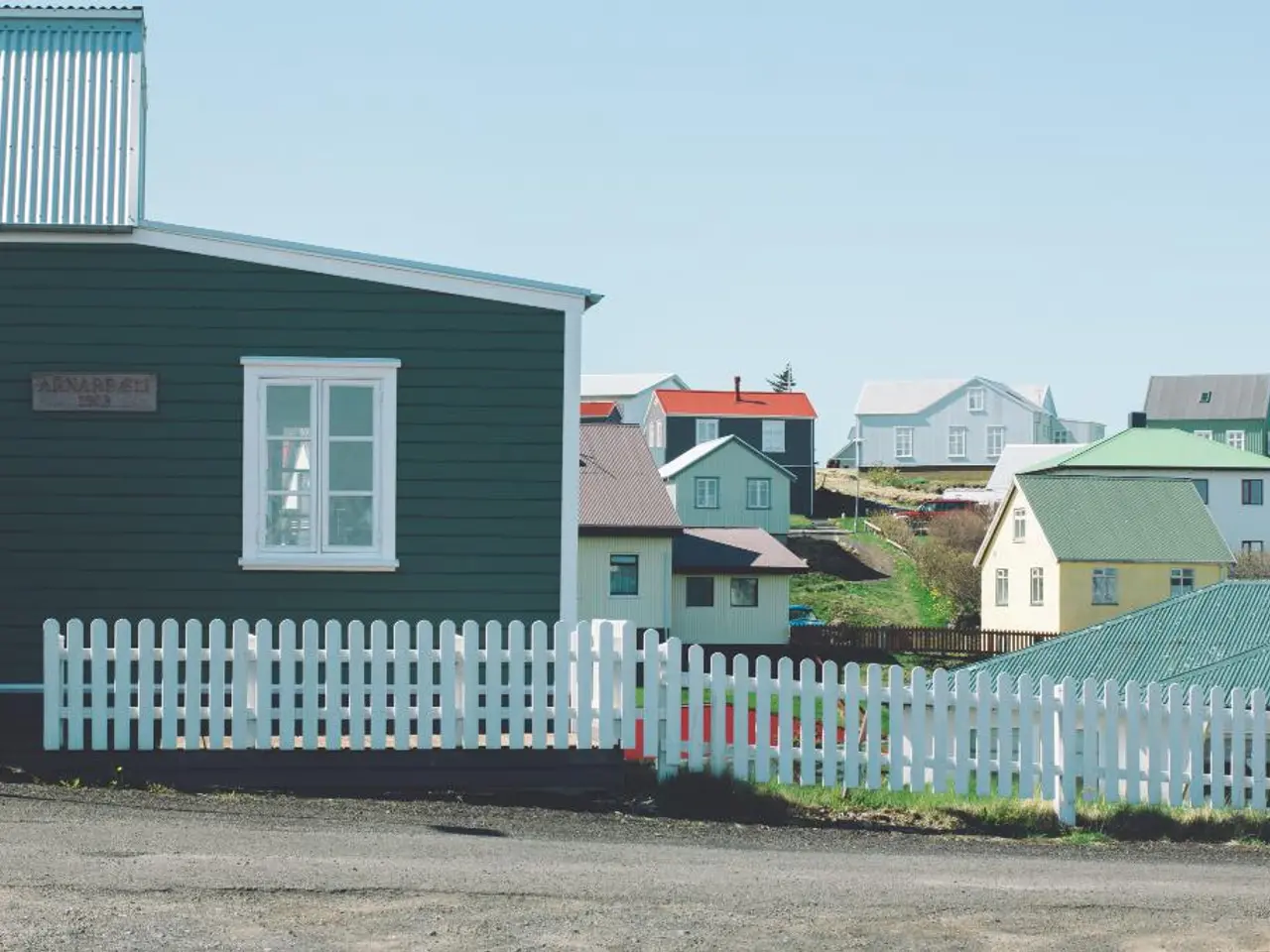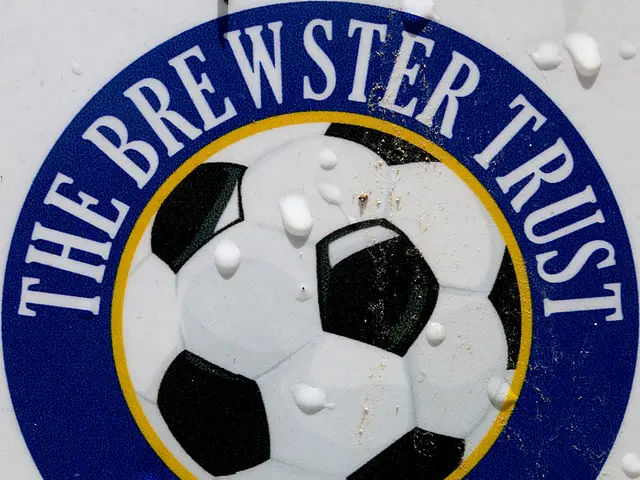Exploring Homeowners Associations (HOAs): Regulations, Financial Obligations, and Advantages
Homeowners' Associations, often abbreviated as HOAs, play a significant role in the management of residential communities across the United States. These organisations, which are typically run by volunteers, are responsible for overseeing various aspects of community life.
Services Provided by HOAs
HOAs may offer a wide range of services to their members. These can include landscaping, maintenance of parking lots and swimming pools, upkeep of tennis courts and party spaces, snow removal, and more. The specific services offered can vary depending on the community's needs and the resources available.
Governance and Leadership
It's important to note that HOA board members are not always trained in real estate, finance, or group leadership. This can sometimes lead to challenges in managing the community's affairs. However, for many, HOAs symbolise self-governance and democracy, as the best people to manage a community are those who live in it rather than a landlord who doesn't reside on the premises.
Financial Obligations
HOAs charge their members monthly fees to fund their operations. These fees, typically ranging from $200 to $400 per month, cover the cost of maintaining common areas and communal facilities. The high cost of association fees can act as a deterrent for some prospective buyers.
Rules and Regulations
HOAs set and enforce community rules to protect property values. These rules can sometimes seem unreasonable, arbitrary, or too restrictive for some homeowners who may want the freedom to customise their properties. For instance, some HOAs have been known to forbid homeowners from adding solar panels to their residences.
Enforcement and Penalties
If a member refuses to pay fees or to comply with community policies, HOAs can impose a range of penalties. These can include monetary fines, the restriction of community privileges, and, in many cases, litigation.
Recent Developments
In early 2021, a bill was introduced in the Minnesota House of Representatives to allow HOAs to regulate but not ban the installation of solar thermal panels on single-family homes. However, the bill never passed. In 2020, an electrical engineer in Blaine, Minnesota was denied permission to add solar panels to their house by the HOA, citing aesthetic concerns and lack of established guidelines.
Communal Responsibilities
HOAs are responsible for tasks such as ensuring building maintenance, deciding on whether to pursue larger renovation projects, and drafting and enforcing the building's bylaws. These responsibilities can sometimes lead to member conflicts, particularly when it comes to agreeing on maintenance and upgrades.
Utilities and Trash Collection
In some cases, certain utilities and trash collection may be covered by HOA fees. This can make life easier for homeowners by simplifying their monthly bills.
In conclusion, while HOAs can sometimes be a source of frustration for homeowners, they also play a crucial role in maintaining the quality of life and property values within residential communities. It's essential for homeowners to understand the responsibilities and expectations of their HOA before purchasing a property within a community governed by one.
Read also:
- Benadryl: Impact on Pregnancy, Breastfeeding, and Beyond
- Affordable Luxury and Economy Converge in the 2025 Lexus LBX: Compact luxury car unites budget-friendly pricing, efficiency
- Company manufacturing Plumpy'Nut is thrilled beyond belief!
- Enhancements to Networking in Senior Care, Fedding Positive Experiences for Service Providers and Elderly Residents







